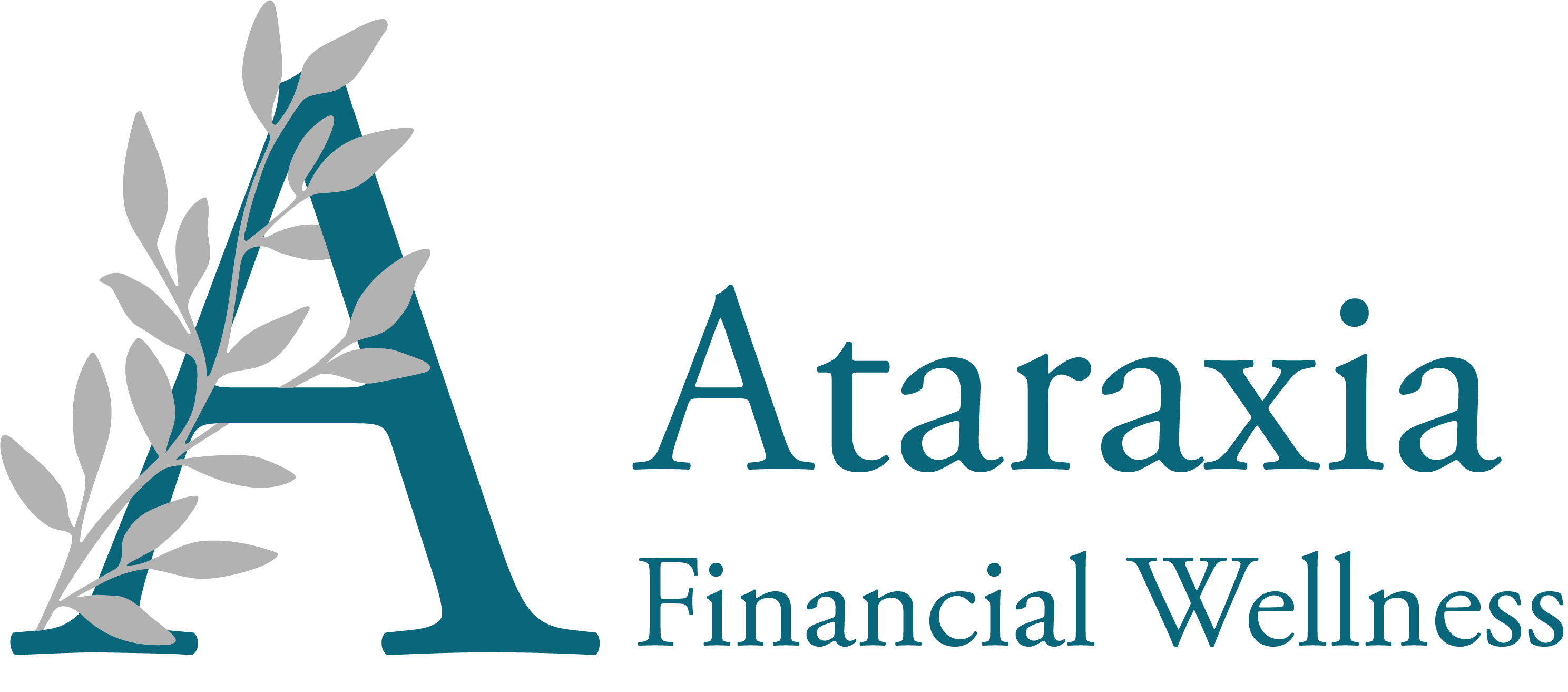Thinking of starting a side hustle? Here are some things you need to consider before making your entrepreneurial leap.
You’ll need to decide on your business structure (sole proprietorship vs incorporation), register your business, understand your tax obligations, get appropriate insurance, and budget for startup expenses.

Business Registration
1. Choose Your Business Structure
- Sole Proprietorship: Simplest option; you and your business are legally the same entity. If you consider yourself to be a contractor, then you are likely operating as a Sole Proprietor.
- Corporation: More complex but offers some liability protection and potential tax advantages
- Partnership: If working with others
2. Registration Requirements
- Sole Proprietors: You must register your business name if it’s different from your legal name. You can complete this at your local registry agent. You may also need to apply for a business license in your city.
- Incorporate: While it is possible to do this on your own, it is best to have an accountant or lawyer arrange your company’s incorporation for you to ensure it is done correctly.
3. Business Number (BN)
You will need a Business Number from the Canada Revenue Agency (CRA). This may be automatically generated for you when you register your business. This number is kind of like your company’s social insurance number. It will be needed for tax filings, remitting GST, and completing payroll.
4. Municipal Registration
Depending on your city, you may need to register the business, purchase a business license, or even apply for zoning permits. While it doesn’t seem like a big deal to run a side hustle from your home, you may not be permitted to have a home run business in your area. Or there many be restrictions or permits required for parking, signage, equipment, storage, or renovations.
Tax Considerations
1. Income Tax
If you operate as a sole proprietor, your business income will be included in your personal tax return with the addition of a T2125 form. Your employment income and business income will combined in your personal tax return. You will be responsible for submitting income taxes on your business income, so it is advisable to have a separate account to set aside taxes throughout the year. In general, setting aside 20-30% of your gross business income will help make tax season easier.
Important Reminder: As a sole proprietor, your tax return deadline is June 15 but you are still expected to pay your taxes before April 30.
If you incorporated, you are able to choose your company’s fiscal year and your company pays taxes separately from you. This means it has a separate tax return, different deadlines, and a different tax situation. You will likely need an accountant and possibly a bookkeeper.
As a business owner, you will be responsible for the employer and employee portions of Canada Pension Plan contributions and Employment Insurance contributions.
2. GST/HST Registration
You will need to register for a GST account and start collecting and remitting GST when you choose to voluntarily register or your company has earned more than $30,000 over four or less consecutive quarters. This means you collect GST from the sale of your goods or services and remit it to the Canada Revenue Agency. It also means that you can claim input tax credits.
If you are unsure about GST requirements, the Canada Revenue Agency Outreach program can work with you to help determine what your requirements are.
3. Deductions and Expenses
Track all business expenses including:
- Home office costs (if applicable)
- Business supplies and equipment
- Marketing and advertising
- Professional development
- Business insurance premiums
- And any other costs you incur to generate your business income
The Canada Revenue Agency has guidelines about what portion of expenses are claimed against business income for tax purposes. Maintaining clear records, and keeping business and personal finances separated will help you determine what can be deducted.
Insurance
1. Business Insurance
Business insurance is used to protect yourself and your business from losses due to claims of injury or property damage. It may also cover you from losses due to theft and specified other situations. Insurance may be required to obtain a business license and it may be required by your clients or venues.
You may also want business interruption clauses, property coverage, and policies for specific equipment.
2. Professional Liability Insurance
This may also be called Errors and Omissions insurance. Professional liability insurance is essential for consultants, contractors, and other forms of professional services.
Conclusion
Starting a side hustle requires careful planning across legal, financial, and operational areas. Take time to set up properly from the beginning to avoid complications later. Remember, the specific requirements may vary by province and industry, so always verify current regulations and consult professionals when needed.
